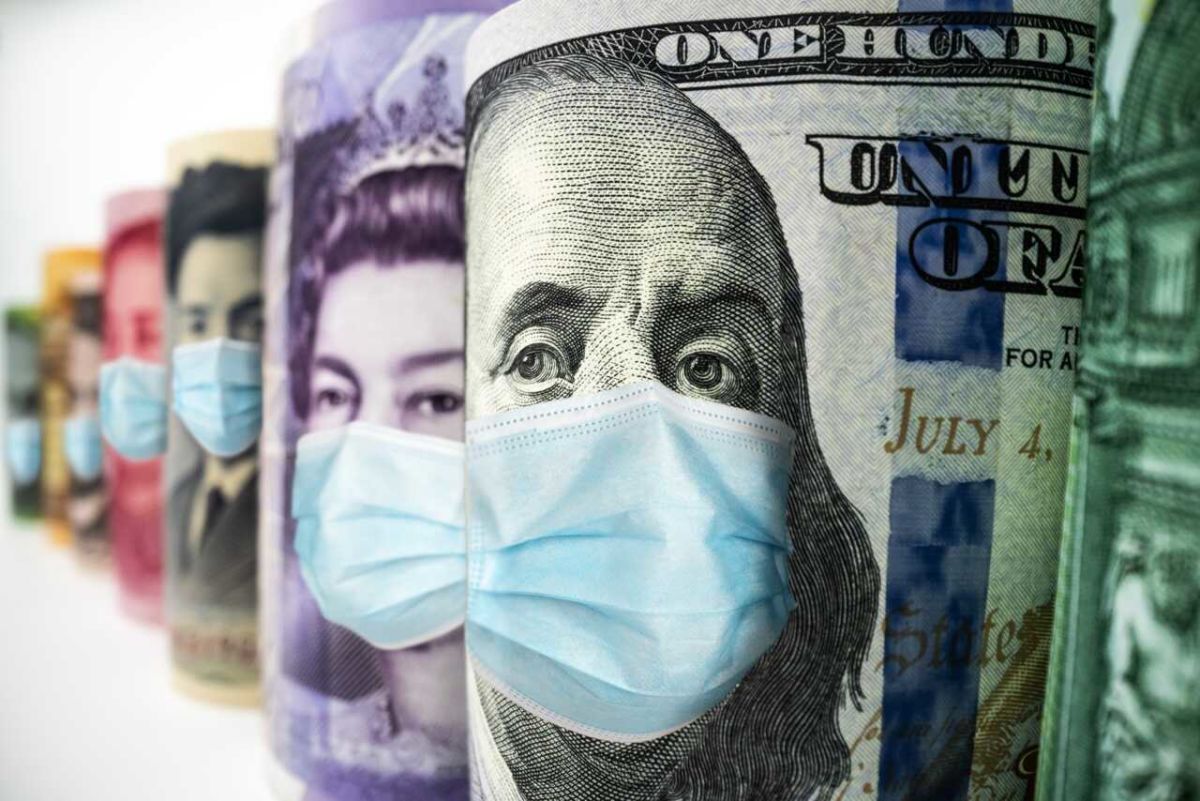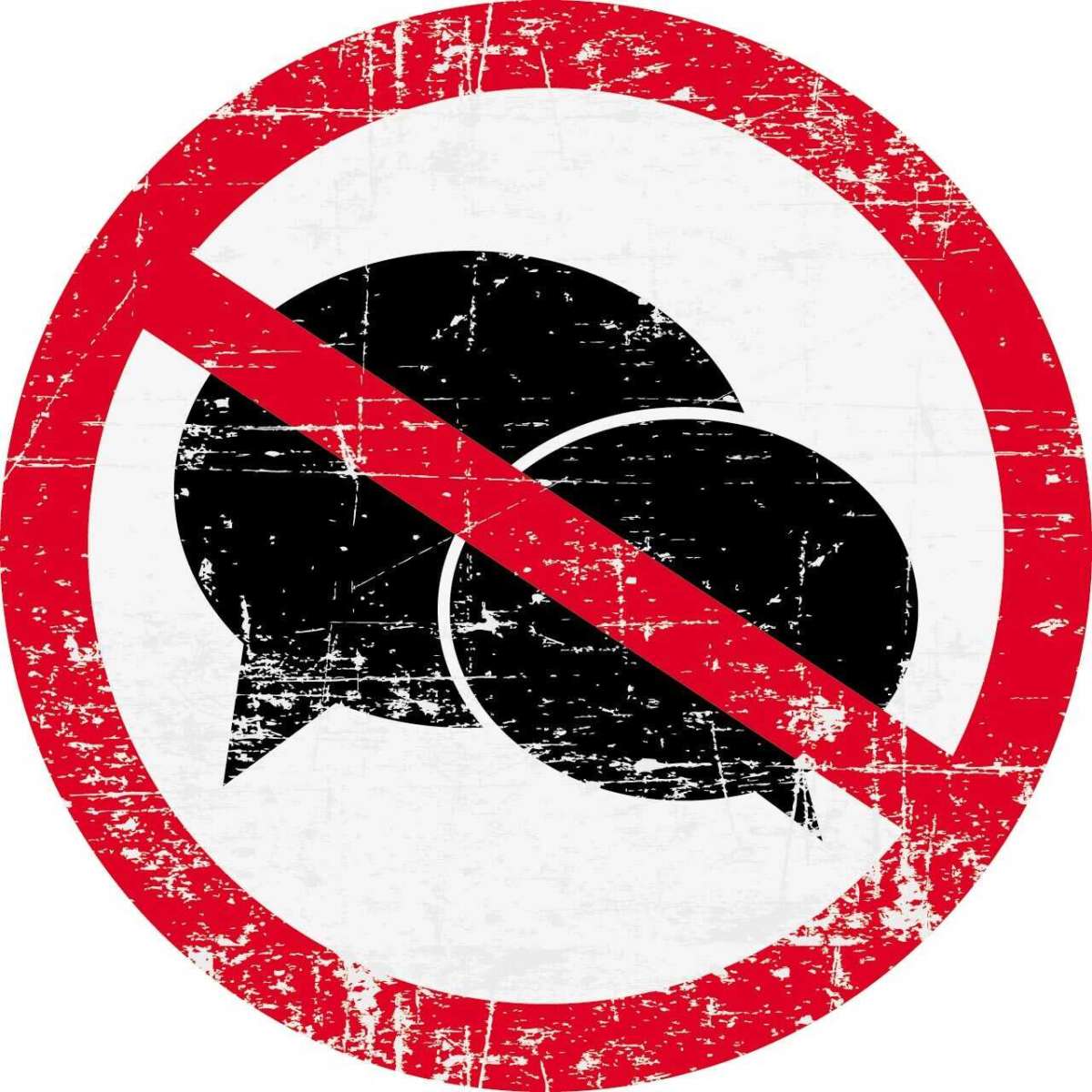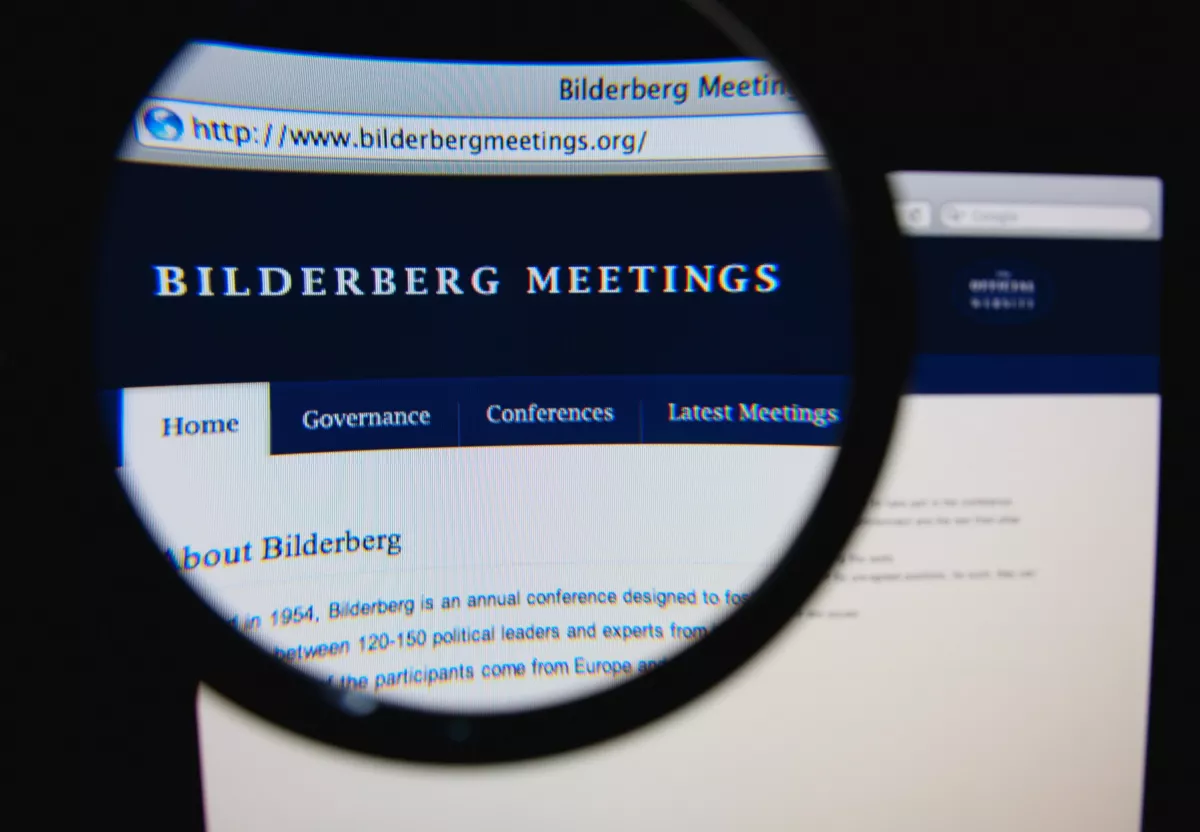How Corrupt is the Peer Review Process?
By Shellie Troy
When we hear the claim that science has been peer reviewed, we automatically accept it as respectable and factual, carefully vetted by scholars with integrity, whose task is a long process of fastidious scrutiny before the information is approved—the kind of process we can trust. But is it trustworthy? Turns out, not really. There are so many problems with peer reviews that the process has been revealed as a “zombie lie”: a falsehood that is embedded in people’s minds and the culture as immortal. It refuses to die, just like a zombie, regardless of what people believe and say about it.
A few professionals, however, have sounded the alarm. “The major advantage of a peer review process is that peer-reviewed articles provide a trusted form of scientific communication. Since scientific knowledge is cumulative and builds on itself, this trust is particularly important. Unfortunately, the recent explosion in online only/electronic journals has led to mass publication of a large number of scientific articles with little or no peer review. This poses significant risk to advances in scientific knowledge and its future potential.” 1
A great deal more is at risk. “Science,” arrived at by substandard methods, then published by unscrupulous periodicals within an endless churn of profit-driven media, has created the perfect storm for it to be used for brainwashing, propaganda, disinformation campaigns, and tyrannical ends.
Don’t lose touch with uncensored news! Join our mailing list today.
Sheer volume and the “publish or perish” imperative are driving the problem. “There are more than 30,000 academic journals globally, with the number projected to increase another 5,000 by 2025. Every year, more than 5 million research documents are published in academic books, journal articles, conference papers, white papers and technical papers, theses and dissertations.” 2 Computer-generated papers are flooding academia making it difficult—if not impossible—for scholars to keep up with new information in their field. And there simply aren’t enough peer reviewers.
In an attempt to bridge these gaps, companies like Rubriq have sprung up. Rubriq “operates under an author-pays model, in which the author pays a fee [>$200] to have their manuscript undergo a double-blind peer review by three expert academic reviewers…” 3 (Double blind means the names of reviewers and authors are unknown to each other.) Rubriq’s peer review takes about two weeks and reviewed material can then be shopped around to various publications without the need for subsequent peer reviews.
It’s the fast food, profit-driven, mass consumption version of academic publication for busy people trying to cope with information overload.
Author-paid reviews are not the only way the profit motive has leaked in. “This overload has enabled the rise of predatory journals that publish anything for a fee, undermining quality control in academic publishing.” 4
Newsweek published an article exposing multi-millions in royalties being paid through back channels, to journals and scientists. Their reporter’s requests for information have been thwarted by endless lawfare. “It’s unconscionable for NIH [National Institutes of Health] leaders to blanket the airwaves making public health proclamations meant to be above politics or reproach, while this secret stream of payments continues unabated.” 5
Science conferences are another area of corruption. “Such conferences often accept any paper sent in, regardless of its credibility or the prevalence of errors, because the more papers they accept, the more money they can make from author registration fees.” 6
The publishing industry has known about these problems for years. In 2011, a Guardian article noted that “any paper, however bad, can now get published in a journal that claims to be peer-reviewed.” 7 “Critics also argue that peer review is not effective at detecting errors. Highlighting this point, an experiment by Godlee et al. published in the British Medical Journal (BMJ) inserted eight deliberate errors into a paper that was nearly ready for publication and then sent the paper to 420 potential reviewers. Of the 420 reviewers that received the paper, 221 (53%) responded, the average number of errors spotted by reviewers was two, no reviewer spotted more than five errors, and 35 reviewers (16%) did not spot any.” 8
Noting the trends, a trio of grads from MIT (Massachusetts Institute of Technology) decided to conduct an experiment and created a computer program that generated fake articles and then presented them as scientific. Nature, one of the world’s most prestigious science journals, published the fake articles. If Nature gets it wrong, just how much junk science is circulating? “Everyone wants to publish in Nature, because it’s seen as a passport to promotion and funding. The Nature Publishing Group has cashed in by starting dozens of other journals with Nature in the title.” 9
Publishing fraudulent articles has become so common that journals now simply retract the frauds—quietly—which is what Nature did, presumably to protect its reputation and income. But by that time, the information is already out there.
Retraction Watch (RW) was formed to throw sunlight on stealth retractions. RW tracks, catalogues, and publishes an extensive list; about the subject of Covid alone there have been 414 retractions thus far.10 Their website is an impressive, extensive resource, and yet they only catch one drop in an ocean of information and the public never hears about any of it.
Which brings us to the so-called climate crisis. In 2009, in what’s known as Climategate, “more than 1,000 e-mails between scientists at the Climate Research Unit of the U.K.’s University of East Anglia were stolen and made public by a hacker. Climate skeptics are claiming that they show scientific misconduct that amounts to the complete fabrication of man-made global warming.” 11
Misconduct allegations were vociferously denied, of course, but there’s no denying that for decades, climate “experts” have been predicting disasters that don’t happen: sea levels will rise, coastal cities will submerge, Arctic will be ice-free, polar bears will go extinct, humans only have fifteen years left to live, this or that country is warming twice as fast as the rest of the world, etc. They’ve been crazy wrong and yet the disinformation is swept along by the media churn—not to mention feverish, worshipping fans.
What a soap opera “the science” must be. As it is with every other human endeavor, peer reviewing has many pitfalls: personal bias, animosity, incredulity, competition, jealousy, rancor, plagiarism, aggression, fear, and greed; but also duty, pride, integrity, respect for peers, building knowledge, desire for relevance and promotion, belonging, hierarchy, and status, not to mention a liveable income.
It’s often said about peer reviewing that, despite all the warts, it’s still the best system we’ve got. Which isn’t good enough. Also, often said, is that “there’s scientific consensus” and that “the science is settled.” Again, not good enough. Settled science means bought-off science, vested-interest science, dead science. It means there’s a corrupted club of scientists who shun and silence any new research which contradicts or refutes their preferred, protected canon. And it means that the application of bioengineering in our atmosphere, which could very well be causing extreme weather events, is being completely ignored. In short, the field of science appears to have succumbed to the rot and degradation we’re seeing in all major institutions.
Zombie lies characterize much of what we’ve taken for granted as truthful and trustworthy. If peer reviewing is failing us, it’s failing us in an epic manner and can no longer be considered a safeguard. Covid “experts” taught us that trusting them, without researching the veracity of their claims, is no longer smart, safe, or wise. Worse, the manufactured climate crisis is fast becoming a lynchpin for global tyranny—already we’re hearing the WHO (World Health Organization) and WEF (World Economic Forum) and some politicians talking about climate crisis lockdowns. Fraudulent science is being weaponized against the Earth and her people.
Sources
1. & 6. ncbi.nlm.nih.gov/pmc/articles/PMC4975196/
2. & 4. & 9. publishingstate.com/how-many-journal-articles-have-been-published/2023
3. rubriqblog.wordpress.com
5. newsweek.com/we-desperately-need-moreaccountability-nih-opinion-1707135
7. theguardian.com/science/2011/sep/05/publish-perish-peer-review-science
8. besteditproof.com/en/academy/peer-reviewed-journals-definition-and-importance
10. retractionwatch.com/retracted-coronavirus-covid-19-papers
11. factcheck.org/2009/12/climategate/













